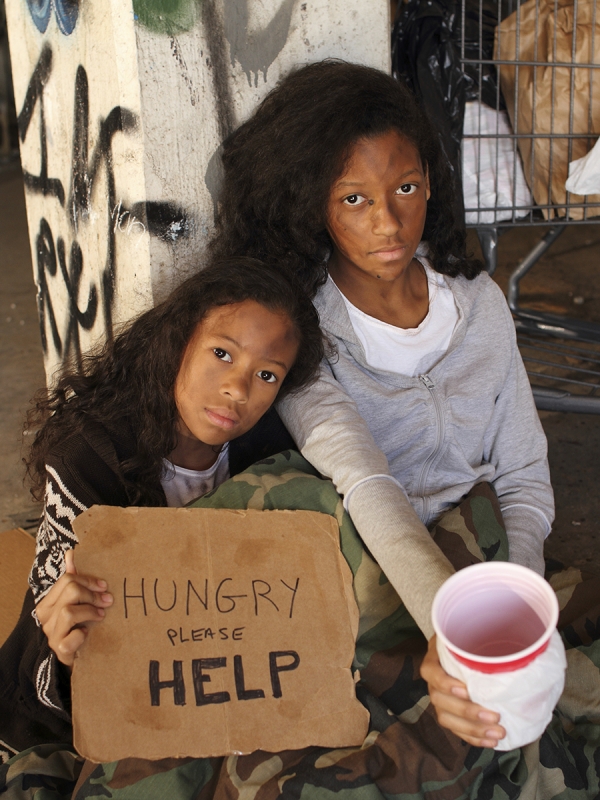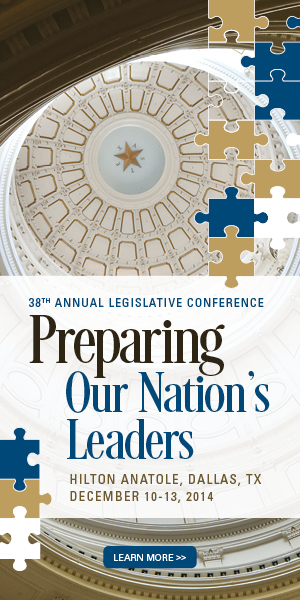Here is the reality for school-aged children in Florida....
Homelessness among school-age children has soared from 30,878 in the 2006-2007 school year to 56,680 in 2010-2011. The number of homeless children of all ages, including those too young for public school, was 83,957 in 2010-2011, up from 49,886 in 2006-2007. The adverse effects of the economic downturn are having a significant impact on Florida’s public school system, in which over 56% of students enrolled in the 2010-2011 school year qualified for subsidized meals.
The Florida Center for Investigative Reporting analyzed data relating to poverty rates, homeless students, and subsidized meals for all school districts before the financial crisis began up to and through the 2010 – 2011 school year. The widespread increase in these three poverty indicators paints a picture of a state that has become much poorer since the Great Recession.
Advocates for the homeless say external factors driven by poverty — such as lack of housing, low wages, foreclosure, and unemployment — place Florida and its public school system at a critical juncture. Children living in poverty are more likely to have behavioral problems, complete fewer years of education, and grow up experiencing more years of unemployment, according to poverty experts and research by the American Psychological Association.
Unfortunately, Florida's problems are not unique. Many states recovering economically from the Great Depression are trying to figure out how to address the colliding worlds of chronic unemployment, suppressed wages, and slow resurgence in the economy. Unfortunately, all of these factors find themselves on the front porch of the public education system. Complicating things further is the reality that the tax base public schools rely on is being subverted. In many states, including Florida, privatizers are swooping in to pick away at the traditional institution of public education.
In spite of the various challenges, states like Florida have a grand opportunity to "put their money where their mouth is.” It is a political certainty that legislators, regardless of party, will profess their desires to support education in their states. What does that mean? It means that for those die hard advocates of public education-- you can now hold them to task. You must hold them to task. Anyone fighting for fair and adequate school funding, take heed. Americans across the political spectrum agree that the lack of financial support is the biggest challenge facing our public schools.
A recent Gallup poll published in August 2014, gave advocates and organizers an important glimpse of public opinion on major education issues. At the top of Americans' list of concerns are lack of resources and too much standardized testing.
Thirty-six percent of public school parents cited lack of resources as the biggest challenge, compared to just 10% who said "difficulty getting good teachers," and 9% each for "concerns about education standards" and "lack of discipline/use of drugs/fighting & gangs." More importantly, both Democrats and Republicans prioritized school funding over all of the other issues. Americans generally like their local public schools, giving them a B grade on average. They had less faith in public schools nationwide, with over half of the respondents giving the nation's schools a C. The survey respondents also worry about what's going on inside their local schools: 60% oppose the use of Common Core State Standards and 54% say standardized tests aren't helpful. Many people also agree that the millions we spend on testing rob valuable resources from the classroom.
Armed with this information, we as legislators have a task ahead, but not one we are fighting alone. America at its core wants its kids to succeed. The expectation the public has of its legislators is that they will do what they have to in order to make America as good as its promise. Booker T. Washington understood the importance of Education in the late 19th century when he referred to it as the "Great Equalizer." As legislators, we know our paths were paved by a quality education. So it becomes our civic duty and ultimately our legacy that we ensure that same opportunity is available for ALL of our students and generations to come.










